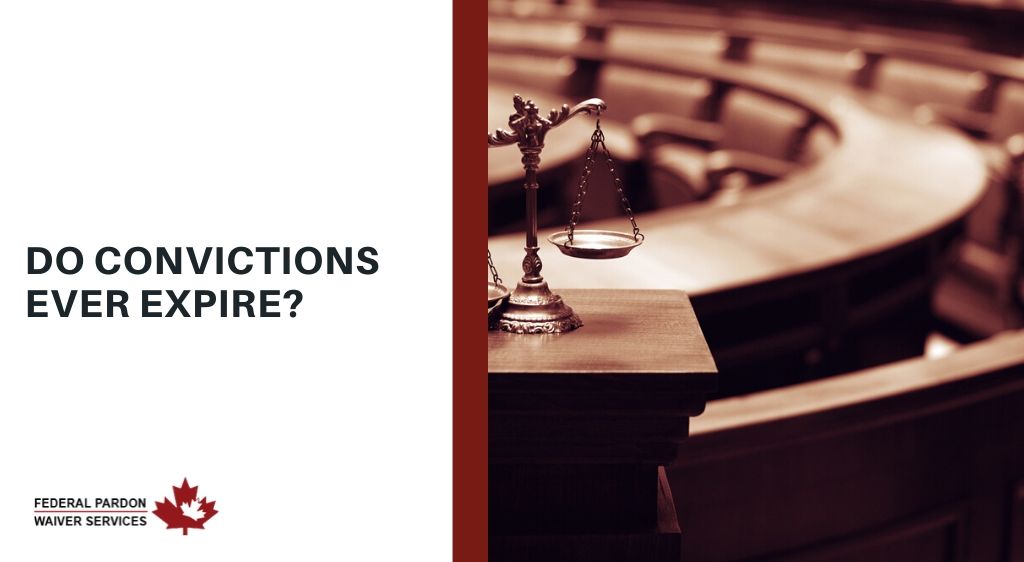When you have been convicted of a crime in Canada, a record of that crime and any attached information about the case is kept. This is known as a criminal record. When you are looking for a job, travelling, or attempting to rent a property, you will sometimes be asked to disclose this record.
If you do have a conviction on record, you could be denied a job, the ability to rent certain properties, and the ability to travel across borders. This is why those with convictions wish to be rid of them. The idea of one mistake long ago haunting the rest of your life is a discouraging thought.
Some may believe that in time, convictions will just disappear. While in some cases this can happen, there are many factors that are tied to those cases.
With all of this in mind, if you have a conviction, how long will it follow you?
How Long do Convictions Last
If an adult over the age of 18 has a conviction, the conviction isn’t permanent but it will last for up to 80 years before being removed from their record. In more severe cases the waiting time can be as long as 100 years.
Although convictions aren’t permanent, they can, more often than not, outlive the convicted and in cases when the convicted outlasts the conviction, it is most likely no longer of use to them.
Young Offenders
If you’re under the age of 18 when you were convicted, you could have the conviction wiped from your record following an access period. After the access period attached to the young offender’s conviction has ended, the conviction is taken off of their record without the need of a pardon. This is due to the court systems being much more lenient on young offenders.
However, if the young offender commits any further crimes the access period is lengthened. Also, if during the access period the young offender turns 18 and commits another offence, all of their youth convictions turn into adult convictions and they will require a pardon.
Pardons
A distinction must be made when talking about erasing a criminal conviction. With pardons, the conviction is only sealed away. While the conviction will not be visible to employers or landlords, it will still be visible to the government and can be accessed under specific circumstances. Also, if the conviction was a sexual offence, the conviction will be suspended but the convicted may still come up in certain searches.
When you have a criminal record, it can really put a damper on the rest of your life. Renting property, travelling, finding jobs and more will be made more difficult when you have a criminal record. While convictions do have an expiration date, it is more than likely that when that date comes, it will no longer be of use to the convicted.
Luckily, there is always the option of a pardon. While pardons don’t entirely remove convictions from government records, they will conceal them from the public, allowing you to live without your criminal record weighing you down.
If you have a criminal record and it is affecting your day to day life; a pardon is the best solution. Contact Pardon Canada at 1 (800) 543-2137 for professional assistance and expert advice.
Social tagging: conviction > expire > pardon > record suspension
